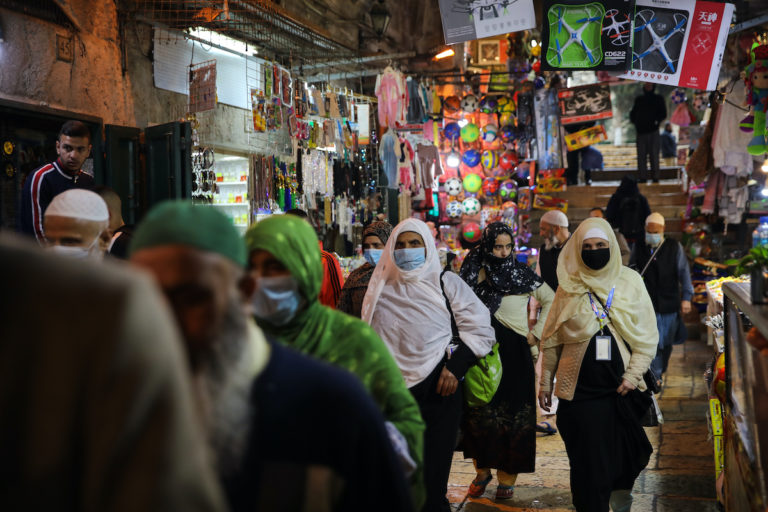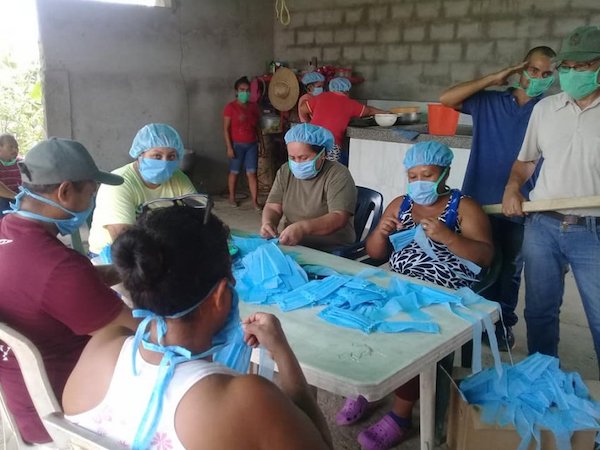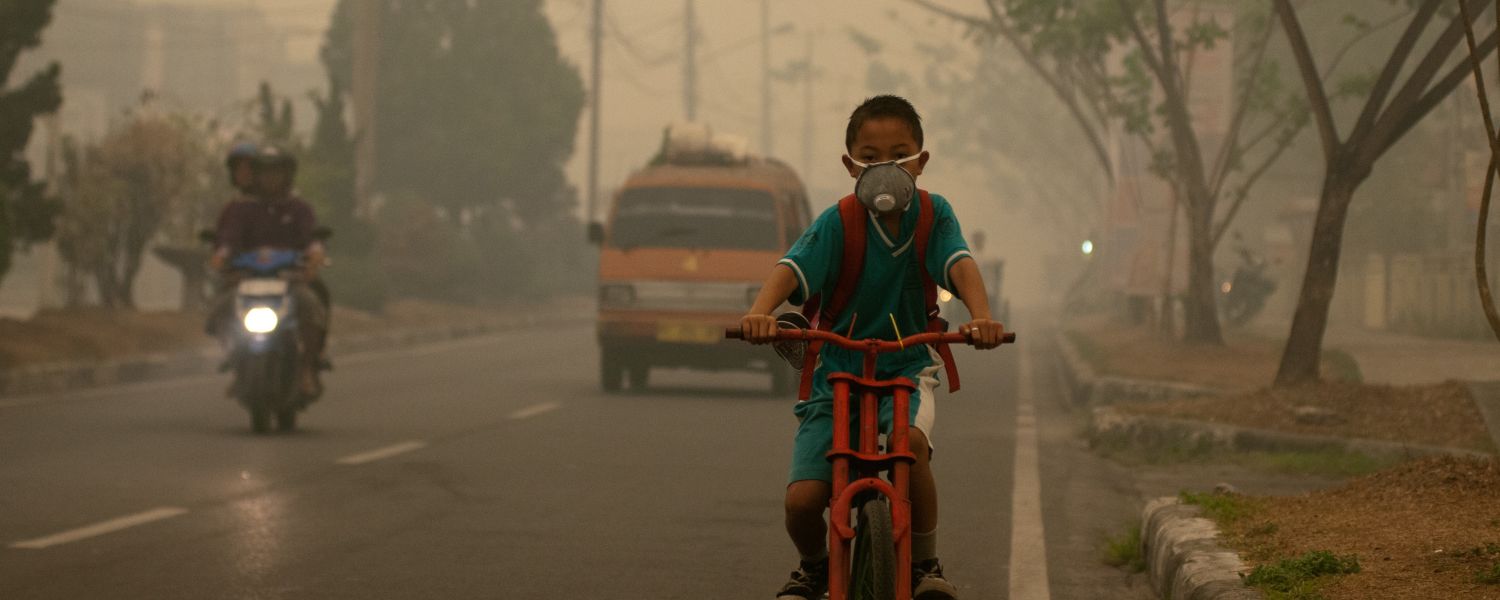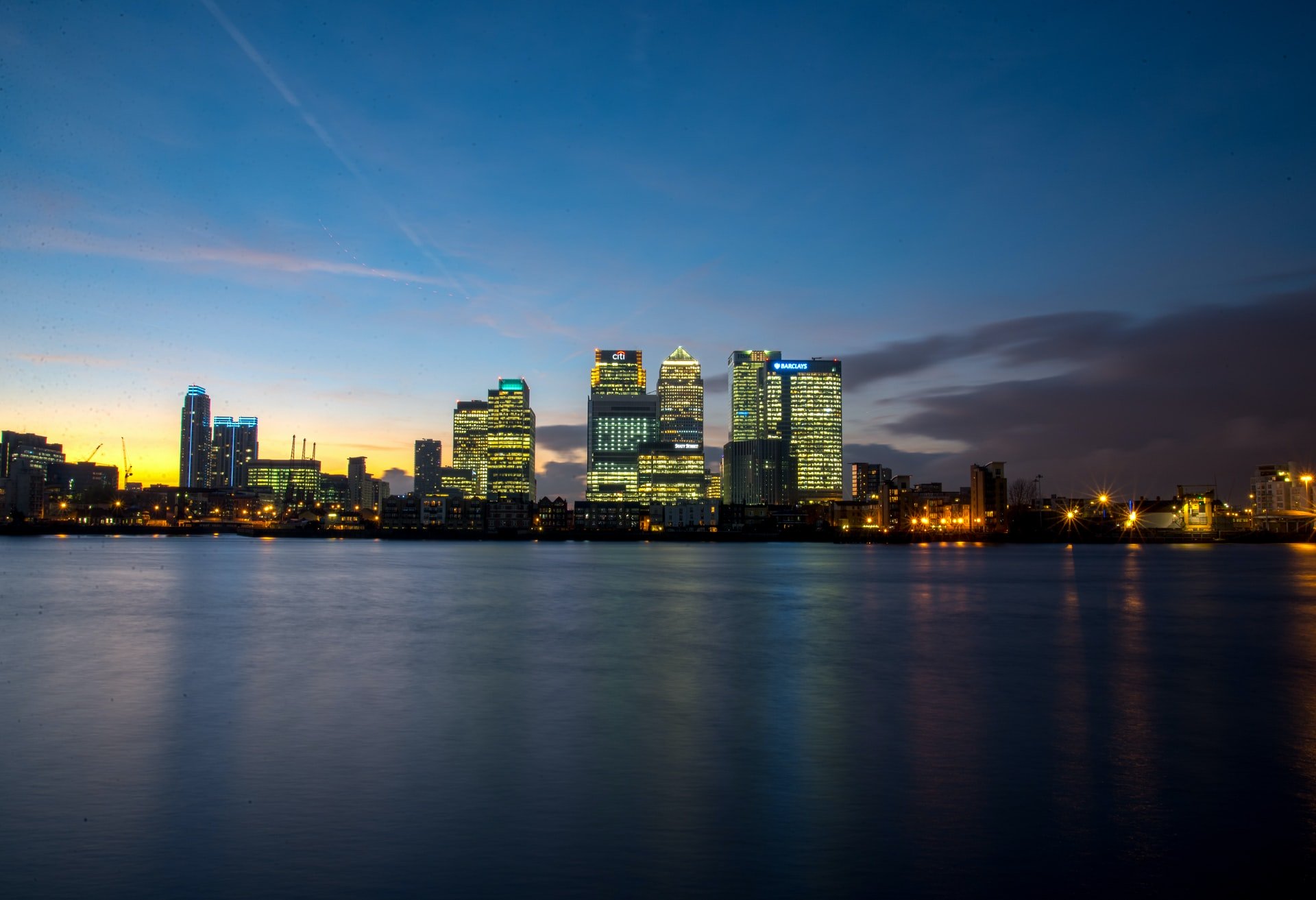The pandemic and its subsequent economic crises are likely to radically change the way some countries operate. The long-term responses of countries to COVID-19 will be shaped by Positive Peace, but will also shape the Positive Peace landscape of the future, according to the COVID19 and Peace report.
On one hand, pre-existing high levels of Positive Peace are a measure of resilience within countries. Because of that, Positive Peace can be used as a mechanism to understand which countries are likely to manage the epidemic best, which ones will better adapt to future changed conditions and which countries are better able to implement strong recoveries. Systems are reflexive, therefore, although Positive Peace impacts on the responses to the pandemic, the pandemic will also change Positive Peace.
IEP has created a framework for the statistical analysis of Positive Peace and its eight Pillars, which embody aspects of social development, including Well-Functioning Government, Sound Business Environment, Equitable Distribution of Resources, Acceptance of the Rights of Others, Good Relations with Neighbours, Free Flowing Information, High-levels of Human Capital, Low Level of Corruption.
THE PANDEMIC’S IMPACT ON POSITIVE PEACE PILLARS
The pandemic may lead to deteriorations in some areas of Positive Peace. This means that socio-economic development may recede as a result of the health crisis and its economic consequences. Some countries will be more adversely impacted than others. Good Relations with Neighbours and Sound Business Environment are likely to be the Pillars most affected. However, all Pillars will be influenced in the long term.
Related articles: COVID highlights economic sovereignty | Can COVID-19 pave a Path For Sustainable Travel| Equality in a Post-Pandemic Era
Good Relations with Neighbours
This is the Pillar most likely to record significant deteriorations as a consequence of COVID-19, as all three of its indicators have already been negatively affected.
Hostility to foreigners: The immigration bans as a result of COVID-19 were acts of epidemiological control, rather than social hostility. However, in some regions, these initiatives fuelled perceptions of foreigners as dangerous and undesirable, with some countries recording increases in cases of xenophobia and ethnic profiling.

The extent of regional integration: Regional trade will be reduced as a consequence of lower consumption and the interruption of international and domestic travel. The Dry Baltic Index – which gauges the cost of and demand for international maritime shipping of dry goods – fell by almost 80% between December 2019 and March 2020. Participation in regional trade alliances may not decline substantially, as countries hope to resume activity post-pandemic. However, there is a deterioration in international cooperation at many levels. The WTO is under pressure, while the WHO is in direct conflict with the US. Some countries, especially the US and China, are using trade sanctions and are increasing protectionism and unilateralism.
Sound Business Environment
The disruption in economic activity is likely to have a negative impact on this Pillar.
GDP per capita: the global average GDP growth for 2020 has been revised down from 2.9% to – 3% as a result of the pandemic. On a per-capita basis, GDP will also retract. In the developed world GDP is forecasted to contract by 6%. While contractions in the developing world will be less, they will push a substantial number of households below the poverty line.
The business environment is likely to be one of the indicators most adversely impacted by COVID-19. However, this impact will not be homogeneous across all sectors. Aviation, hospitality, tourism, recreation, travel, retail, energy and mineral resources, shipping, education, banking and finance are likely to be particularly negatively affected.

Business sectors that may avoid major disruptions are healthcare, telecommunications, information technology and food production. Once the pandemic abates, many governments will attempt to kick-start economic activity, possibly by initiating large infrastructure projects, which could buoy the construction and industrial machinery sectors.
High Levels of Human Capital
The COVID-19 pandemic potentially deteriorates High Levels of Human Capital, as youth unemployment will increase severely in 2020.
Share of youth not in employment, education or training (NEET): Traditionally, youth unemployment rates are higher than for the average of the population. In addition, youth tend to be over-represented in areas such as hospitality and retail trade – two areas severely impacted by social isolation and distancing. These factors suggest a possible collapse in youth employment in 2020. The overall share of youth out of schooling and training is likely to increase substantially from 2019 levels.
Equitable Distribution of Resources
Poverty levels are expected to rise this year, possibly leading to a substantial deterioration in Equitable Distribution of Resources.
Poverty headcount ratio at $5.50 a day: The global economic downturn and the disruption of international trade will increase poverty rates in developed and emerging economies. In developed countries that had a relatively benign fiscal position before the crisis, governments will borrow in order to increase welfare payments and support businesses. This will potentially mitigate some of the impact of the pandemic on poverty rates. However, in countries that were already heavily indebted prior to the pandemic, the capacity to support economic activity is limited. In some cases, deprivation may deteriorate into food insecurity and famines, as discussed in the section ‘Economic Sovereignty and Food Security’ later in this paper.

Free Flow of Information
There have been isolated efforts to prevent media from divulging the true severity of the crisis in some countries. Yet, the overall impact of COVID-19 on this Pillar is still unclear.
Freedom of the press: The pandemic has seen cases of press freedoms being suppressed as some authorities attempted to prevent the reporting of case numbers. In addition, many governments have acted with considerable speed in implementing contagion reduction measures. If the press is limited in its opportunity to scrutinise the measures implemented, the lower accountability is likely to affect the robustness of responses.
Acceptance of the Rights of Others
Since the pandemic onset, there have been many examples of communities coming together to support members and front line health workers. Conversely, there have been examples of a rise in xenophobia. Thus, the long-term impact of the pandemic on Acceptance of the Rights of Others is yet to be determined.
About the author: The article has been written by the Vision of Humanity Editorial staff – brought to you by the Institute for Economics & Peace (IEP). The IEP investigates the impact of COVID-19 and future trends in economics, politics, social dynamics, conflict and development.
Editor’s Note: The opinions expressed here by Impakter.com columnists are their own, not those of Impakter.com.
In the Featured Photo: A student goes to school wearing a mask to protect him from the smoke that blankets the city of Palangka Raya, Central Kalimantan. Featured Photo Credit: Aulia Erlangga/CIFOR












